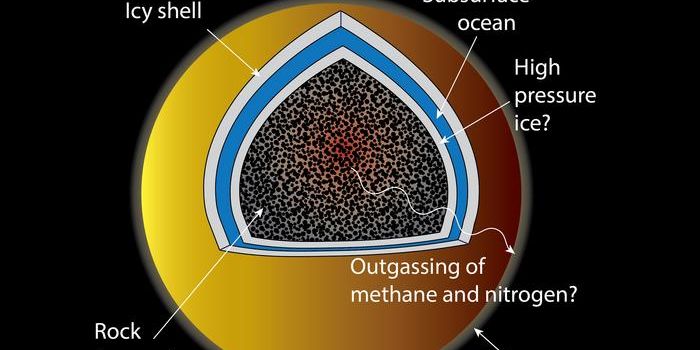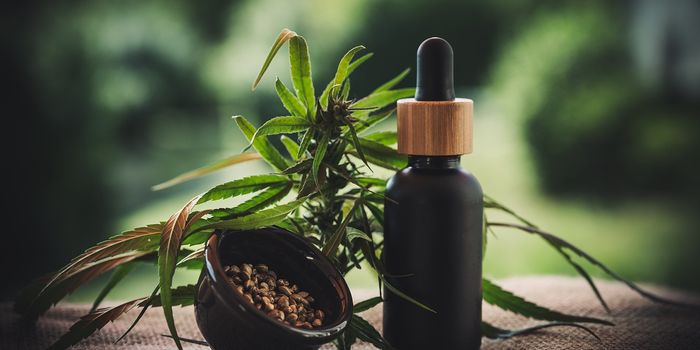Aspirin--Small Dose, Huge Action
Aspirin, or acetylsalicylic acid (ASA), is a household medicine that is known for its pain-relieving, fever-lowering, and inflammation-reducing properties. But unlike other non-steroidal anti-inflammatory drugs such as ibuprofen and naproxen, aspirin can also inhibit the function of platelets.
A platelet can initialize the forming of blood clots around an open wound by releasing thromboxane, a chemical signal to gather other platelets. Antiplatelet agents, such as aspirin clopidogrel, dipyridamole, and ticlopidine, can inhibit the formation of thromboxane in platelets, therefore stopping blood clots from forming.
This would be bad for someone to want their wound to stop bleeding and heal. But for those who are at risk of heart attack or stroke, aspirin is life-saving. According to the American Heart Association, taking a low dose of aspirin at 81 milligrams, as compared to a pain-reliever dose at 325 milligrams, can lower the chances for recurrence of strokes and heart attacks in people who have had previously had a heart attack, unstable angina, ischemic stroke or transient ischemic attack.
Source: ACS Reactions via Youtube








